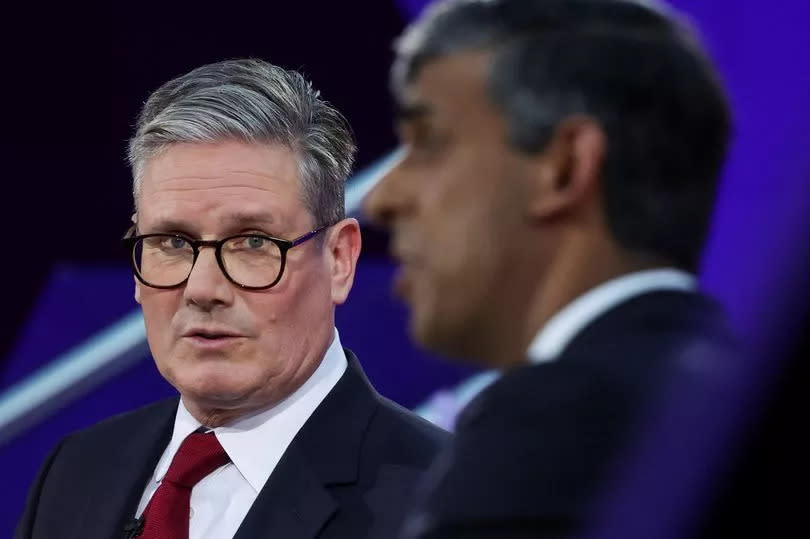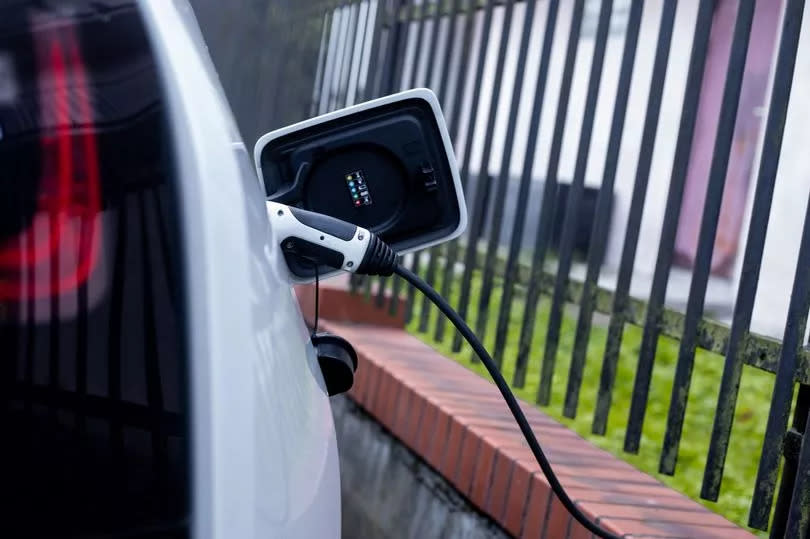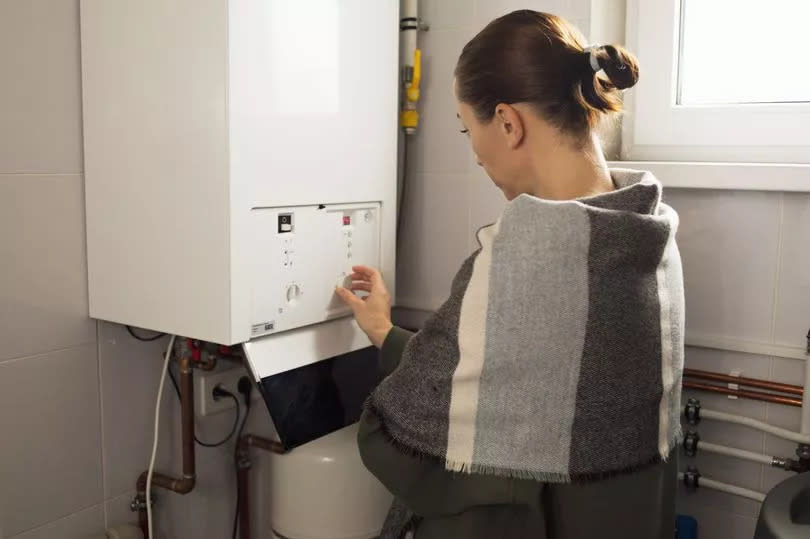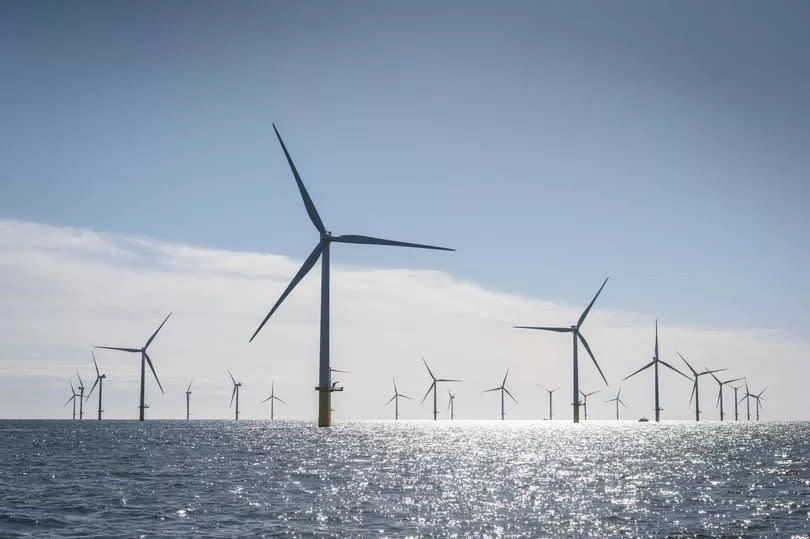How each General Election party's environmental pledges will affect London

As the big day approaches, one of the key issues of this year's General Election is undoubtedly the environment. According to YouGov research, climate change is the fifth-most important issue to voters, and is likely to be a major voting factor on July 4.
The major parties all have plans for the environment in their manifestos, and while these include some similarities, such as a form of windfall tax on oil and gas companies until 2029, the phasing out of carbonised electricity, and ramping up electric car sales, there are also differences regarding gas central heating and renewable energy sources, such as onshore wind.
So how will the environmental policies of the major parties impact Londoners? We looked at the latest environment figures in London ahead of the General Election.
Electric Vehicles

Labour said it will "support the transition to electric vehicles" and reinstate the ban on selling new petrol and diesel cars from 2030. Prime Minister Rishi Sunak previously pushed the ban back to 2035.
The Reform Party said it would eradicate the ban entirely, while the Green Party said new sales should be banned by 2027, with petrol and diesel cars removed from the UK's roads entirely by 2035.
The push towards electric has been felt in London, with 179,342 electric vehicles registered in the area by the end of 2023 – a significant rise on the 36,385 registered when the Tories were re-elected in 2019. Across the UK, the number of licenced electric vehicles has rocketed from 265,000 in 2019 to 1.6 million last year.
The figures include private and company cars, vans, buses and other vehicles which are either plug-in hybrid or battery electric.
Labour and the Tories have both acknowledged access to charging points is a key barrier. The Conservatives set a target of 300,000 public chargers by 2030. As of April, there were 60,000 across the UK, including 19,469 in London. Of these locally available chargers, 1,145 were high-speed.
Gas Boilers and Heat Pumps

In its manifesto, Labour said "nobody will be forced to rip out their (gas) boiler" after the Tories watered down their ban on gas central heating – aiming only for an 80% phase-out by 2035 instead. Shadow energy secretary Ed Miliband told the Telegraph his party must "show heat pumps are affordable and are going to work for people" if they are to migrate from gas boilers.
Take-up on heat pumps remains slow across the UK, with fewer than 40,000 households installing one last year, although this is on course for close to 50,000 this year. The Conservatives aimed for 600,000 heat pumps to be installed annually by 2028.
Set-up costs are between £10,000 and £12,000, compared to just £2,000 or £3,000 for a new gas boiler. In London just 3,446 households had a heat pump installed as of June.
Further census figures show 74% of households across England and Wales had gas central heating – this fell to 71% in London. Meanwhile, just 0.5% of households in the area used any form of renewable energy.
Renewable Energy

While Labour is softer on heat pumps and gas central heating, it aims to decarbonise the UK's electricity supply by 2030, bringing forward the Conservatives' target by five years. Mr Miliband said burning gas to generate electricity would undermine the move to powering homes, industry and cars electrically.
One way Labour aims to do this is to remove an onshore wind ban by scrapping the requirement of local support for proposed turbines. Onshore wind across the UK produced 35,200 gigawatt-hours of energy in 2022 – this was the highest figure on record, though this fell to 32,400 GWh last year.
The latest regional figures cover up to 2022, and they show onshore wind in London generated 11 gigawatt-hours of energy. Solar power provided the most energy with 192 GWh.
In total, renewable energy sources in the area generated 347 GWh – up from 334 in 2019. Nationally, renewable energy sources accounted for 47% of the country's electricity supply last year – up from 37% in 2019.
Want more from MyLondon? Sign up to our daily newsletters for all the latest and greatest from across London here.

 Yahoo News
Yahoo News 
